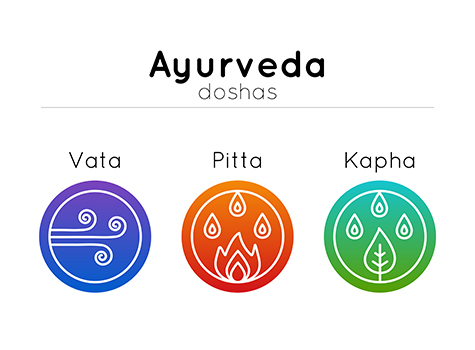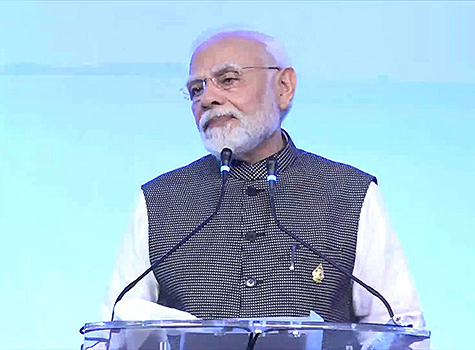
“I’m a vegetarian myself. I eat chicken only.” I must confess that I was once, somewhere during this vast philosophical and gastronomical journey, a “chickentarian” myself. I actually put the double whopper down and felt nausea sometime in the early ’90s, soon after my wife, freshly empowered by a new baby, opened a bestselling book about the dangers of an American diet. Instead of blessing the Thanksgiving turkey, she blasted it, and sent me creeping toward bulimia, anorexia, IBS, Crohn’s, guilt, depression, and most of all, severe gas.
In my new life as an American vegetarian, my best friend became the Taco Bell bean burrito. I also met other friends who were in various stages of saving their colons and the planet by hugging trees, picking up used tires from highways, saving the world by not bathing for months, and generally not shaving to prevent razor blade proliferation in the landfills. During the many years I adopted the supposedly Western vegetarian lifestyle, I gained weight, my cholesterol shot up, my energy level dropped, and my stomach problems worsened.
I proceeded to spend a better part of a decade scratching my head about where this movement started and where it needs to end so we are not all victims of cattle flatulence that is reportedly destroying the ozone layer. Evidently, what animals are to us is a debate that spans thousands of years just in western philosophy. It seems Pythagoras, in addition to smoking stuff that made geometry exciting to him, also thought animals had souls. Plato went a little further, saying that the economics and geo-politics of the meat industry were going to rock our world down the road. Ooops, he was right.
And thus came the utilitarians, who warned about humans ultimately abusing the planet and all species on it; followed by the speciesists, who generally didn’t much care for the feelings of animals; the exceptionalists, who thought they were special but animals were not; and finally the powerhouses of modern western thought like Kant and Descartes, who really didn’t think animals felt pain or anything else for that matter because their capacity to reason was just not there. Their message: Eat them into extinction—which we would easily have done if we hadn’t set up factory farms and turned animals into a commodity. Peter Singer and Tom Regan were two notable thinkers who wrote about the increased use of animals as a resource way into the end of the 20th century.
Alas, nothing stopped the runaway train in our stomach. I mean, I still meet hippie women in “Don’t Eat My Animal Friends” t-shirts picking up plastic bottles along roadways and loading them into their VW campers, but my thinking is still that they made a wrong turn when avoiding the Woodstock traffic jam. The big movement never arrived because of myriad reasons, but the deepest of these arguments is about the economic and cultural aspects of the meat industry. I’ve spent 15 years lamenting that it’s impossible to be in the American corporate rat race on a diet that seems jokingly unmacho and unconventional to the steak- and hotdog-eating work environment.
Some industries are morphing into global awareness kind of stances, but that is generously 5 percent of the American workforce which can tolerate you eating lentils and naan at the company lunch table—and not make silly jokes about beans and gas. I don’t know where it all started (and maybe, probably post-WWII), but by the ’50s, Americans got into the ra ra national homogeny and compliance mode—which built up enough inertia that it still seems to be barreling down the road to colon cancer. Food became bland. People complained that workers smelled funny. Garlic was mostly out, and American garlic is sweet and tasteless now. Onions became Vidalia and that’s all fast food seems to use now. Stereotypes about Asians smelling like curry flew around like flies in blue collar lunchrooms. Two companies I worked for banned fish and curry from their lunchrooms because other employees “felt sick.”
Today, my daughter does take leftover curry to work for lunch the next day. But her gentile uptown employer is still a rarity in America. Most progressive Americans enjoy the sophistication of Indian, Middle Eastern, Thai, and Vietnamese foods. The rest—well, “I’d rather be dead, then not eat red meat.” Fast food seems to keep playing ping pong with consumer demand as well. Yeah, there are occasional test markets for McDonald’s bean burgers, and Burger King tabouli salads, but give me a darn break.
Like most well-meaning Americans, I eat double burgers and spicy chicken sandwiches under extreme pressure and for sheer convenience when I’m starving to death running all over town on work-related stuff. Yes, I can google Subway or Taco Bell, but I already have veggie subs and bean burritos coming out of my nose – right behind the 12 avocados that I’ve mashed up in everything from tofu ice cream to non-GMO falafel. Yeah, and there’s only so much yard weeds you can put into an organic “spring mix” before even a goat turns away and wants to order a McFish sandwich.
Whatever the cart before the bullock issues are with the meat stronghold in America, the change may not happen in my lifetime. Yes, the billions of gallons of water, the millions of tons of mostly toxic feed, the land use, the tons of manure, and of course, the pain and suffering of hundreds of millions of animals; the hippies, the country boys, the philosophers, the Big Agriculture (yes, animals are plants!), it just goes on and on.
Watching my own children grow up as vegetarians in a country that is culturally ill-equipped to adopt the thousands of delicious items readily available on the streets in poor countries where meat was always a luxury, I can attest to one thing: Unless you cook at home and do it well, you are not going to get balanced nutrition as a vegetarian in America. It is a losing battle because of a complete lack of a network, and because of toxic stereotypes being fed by an industry that makes Americans think they are still cowboys on the range—living free…living big.
———-
Ahsen Jillani a former editor and publisher, is originally from Islamabad, Pakistan, and now lives in Mint Hill. He owns Must Media, a PR company focusing on both political and corporate clients.
Posted: Monday, June 3, 2019



